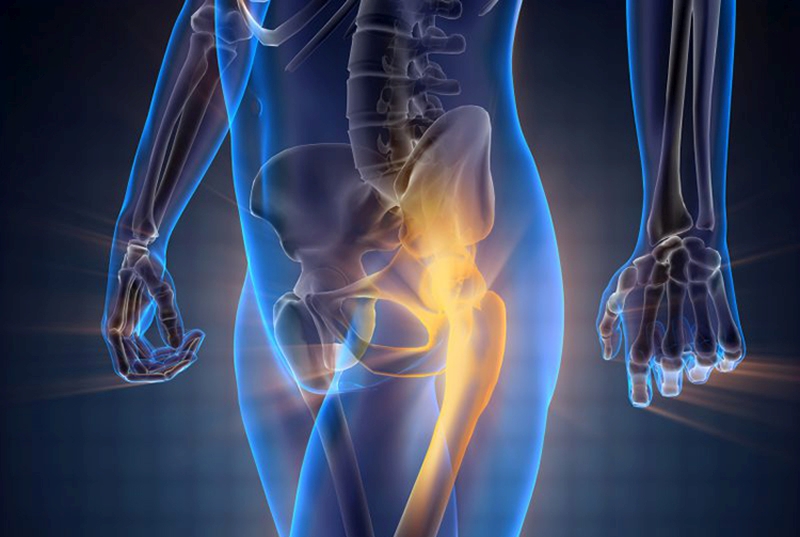- Empty cart.
- Continue Shopping
The Importance of Boron for Bone Density

Bone density is a critical aspect of overall health, especially as we age. While calcium and vitamin D often steal the spotlight when it comes to nutrients essential for bone health, boron is an unsung hero that deserves attention. This trace mineral plays a significant role in maintaining bone density and overall skeletal health.
What is Boron?
Boron is a trace mineral found naturally in some foods and the environment. Though required in small amounts, it plays a vital role in various physiological processes, including bone metabolism, hormone regulation, and cell membrane function.
The Role of Boron in Bone Health
Enhances Calcium Absorption
One of the primary ways boron supports bone health is by aiding in the absorption and utilization of calcium, the building block of bones. It helps the body retain calcium, thereby contributing to stronger bones.
Regulates Hormones
Boron influences the levels of hormones like estrogen and testosterone, which are crucial for maintaining bone density. This is especially important for postmenopausal women, who are at higher risk for osteoporosis due to hormonal changes.
Supports Vitamin D Function
Boron also enhances the body’s ability to use vitamin D, another essential nutrient for bone health. Adequate levels of vitamin D are necessary for calcium absorption in the gut.
Reduces Inflammation
Boron has anti-inflammatory properties that can help reduce inflammation in the bones and joints, further supporting skeletal health.
Dietary Sources of Boron
Fruits and Vegetables
Fruits like apples, oranges, and grapes, as well as vegetables like leafy greens and potatoes, are good sources of boron.
Nuts and Legumes
Almonds, peanuts, and lentils are also rich in boron and can be easily incorporated into your diet.
Whole Grains
Whole grains like brown rice and whole wheat bread provide a decent amount of boron and also offer other essential nutrients.
Recommended Intake and Supplementation
While there is no established Recommended Dietary Allowance (RDA) for boron, a daily intake of 2-3 mg is generally considered safe and sufficient for adults. If you’re considering boron supplements, consult a healthcare provider for personalized advice.
Finally, boron may not be the first nutrient that comes to mind when you think of bone health, but its role in maintaining bone density is undeniable. From enhancing calcium absorption to regulating hormones and supporting vitamin D function, boron offers multiple benefits for skeletal health. Incorporating boron-rich foods into your diet or considering supplementation can be a valuable addition to your bone health strategy. As always, consult a healthcare provider for personalized recommendations.








